
Online MBA in Entrepreneurship
Aug. 1, 2026
Think like a founder. Lead like a CEO
Think like a founder. Lead like a CEO
Skills you will learn - and add to your résumé
An affordable MBA in Entrepreneurship,
designed for you
With our pay-as-you-go model if you finish faster, you'll pay less. And thanks to a tuition cap on every degree program, your costs won't keep rising if life slows you down.
- Affordable monthly payments
- No hidden fees - ever
- Pause or cancel anytime
- No fixed long-term contracts
- Earn a certificate for every course you complete
Courses in the MBA in Entrepreneurship
































What’s it like to learn at Nexford?

Build skills by building your startup. Every course includes hands-on projects that take you from idea to launch – from validating your concept to finding product–market fit and growth. You won’t just learn about entrepreneurship – you’ll practice it, with projects designed to fuel your real venture.

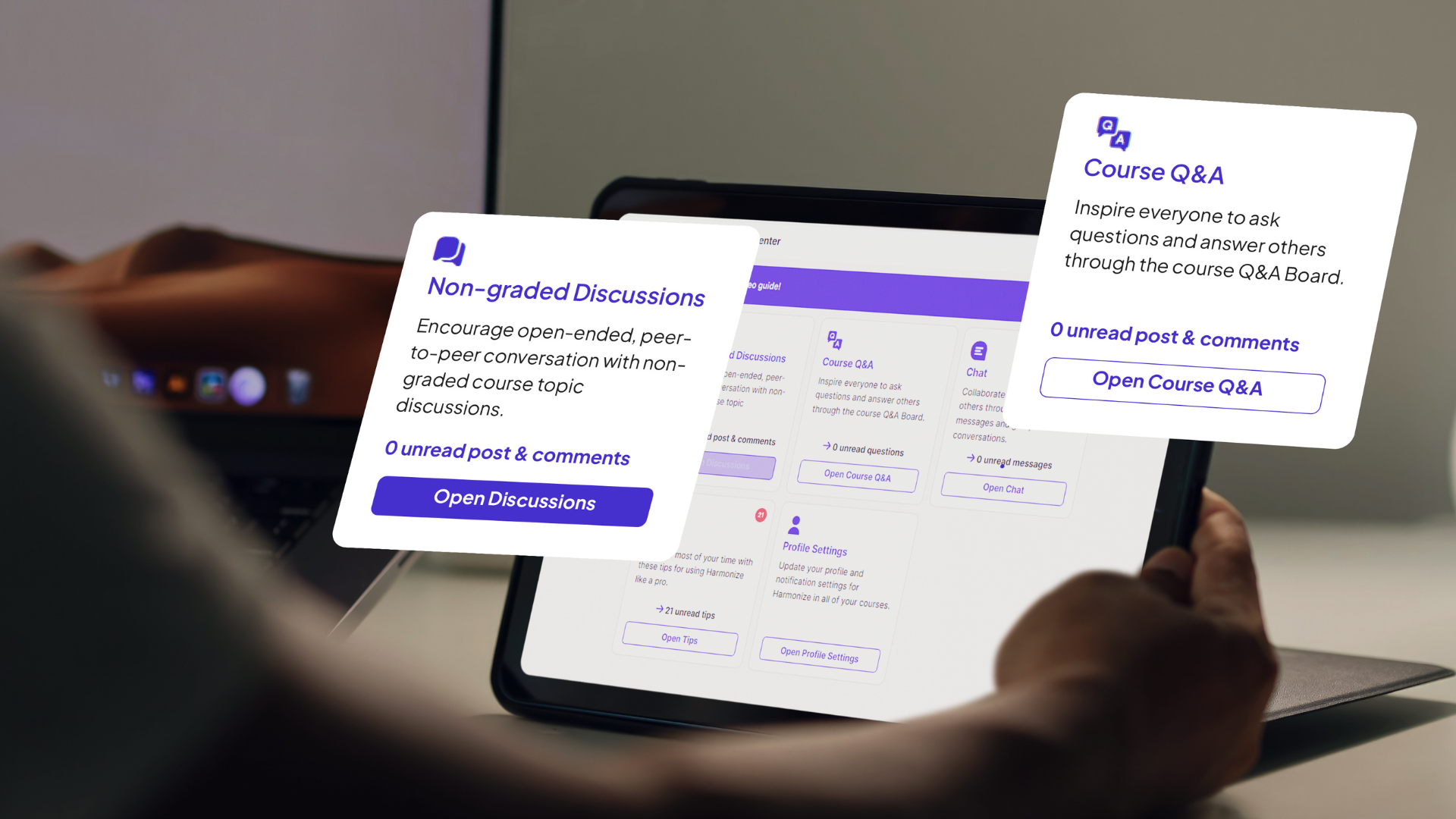
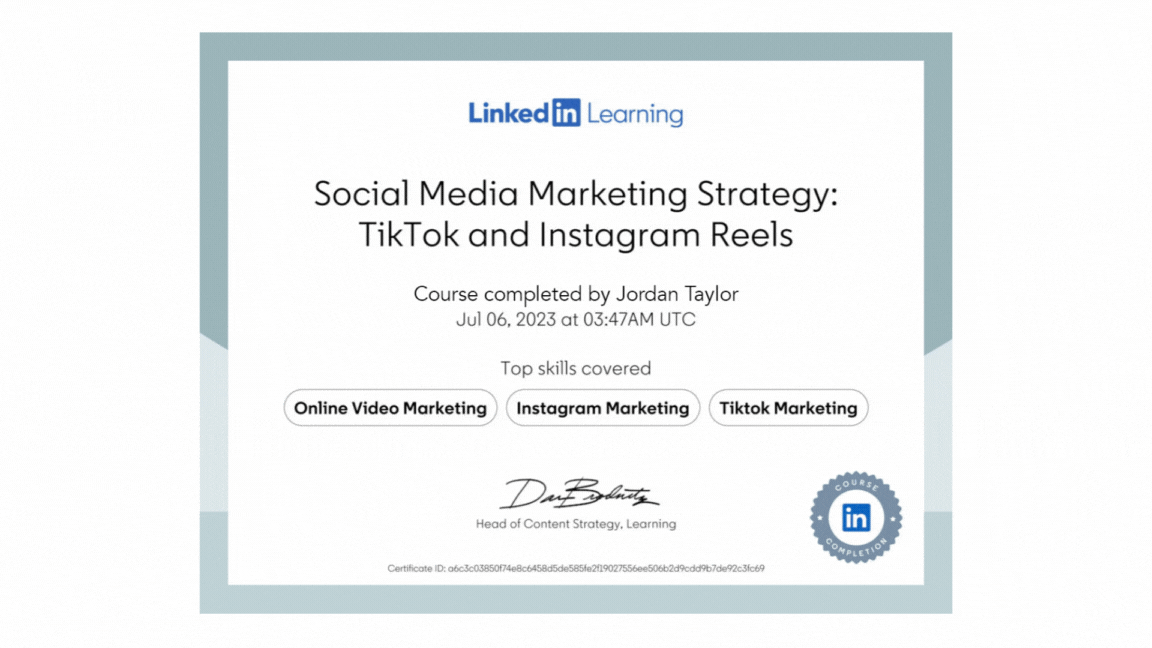
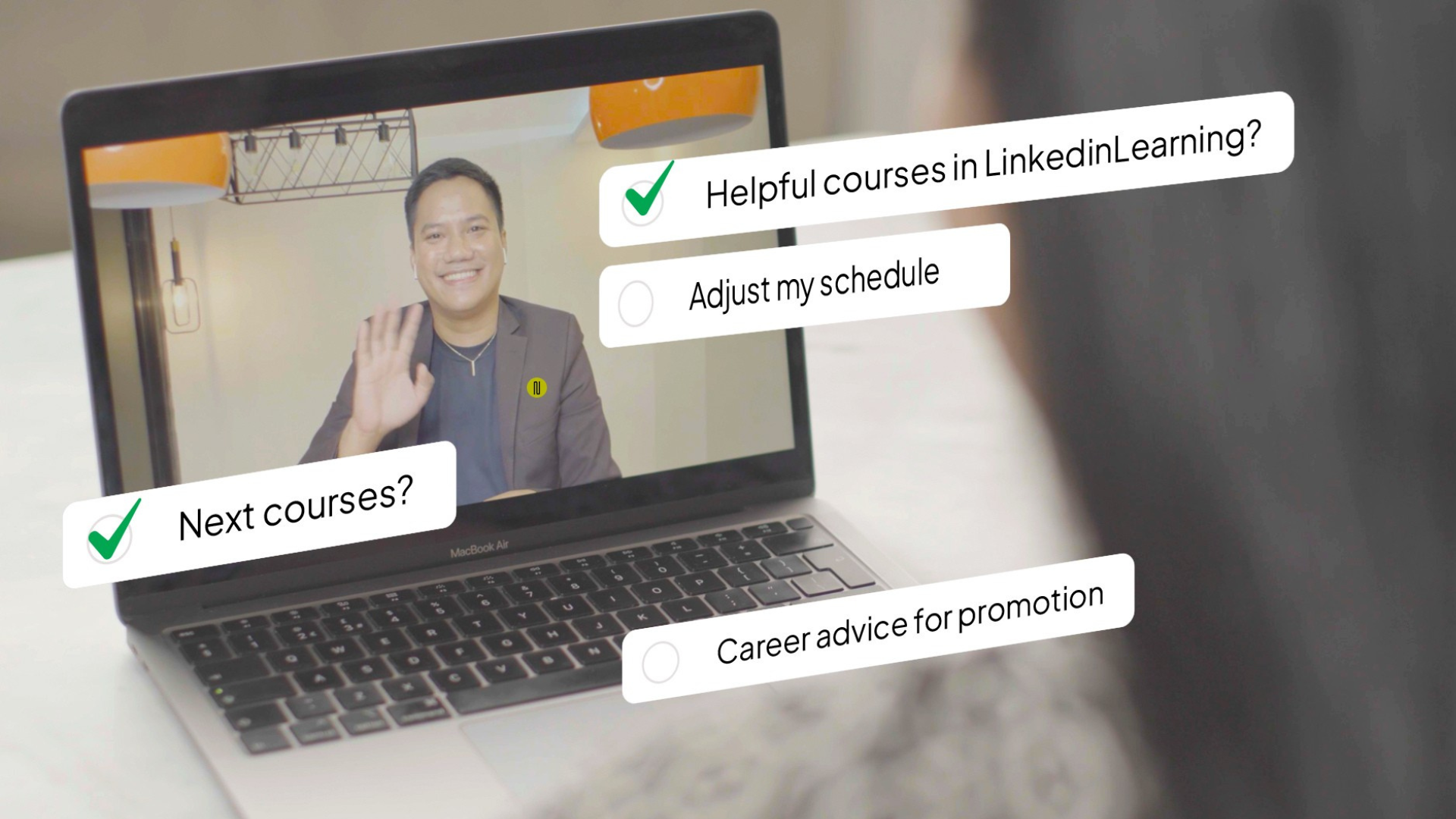
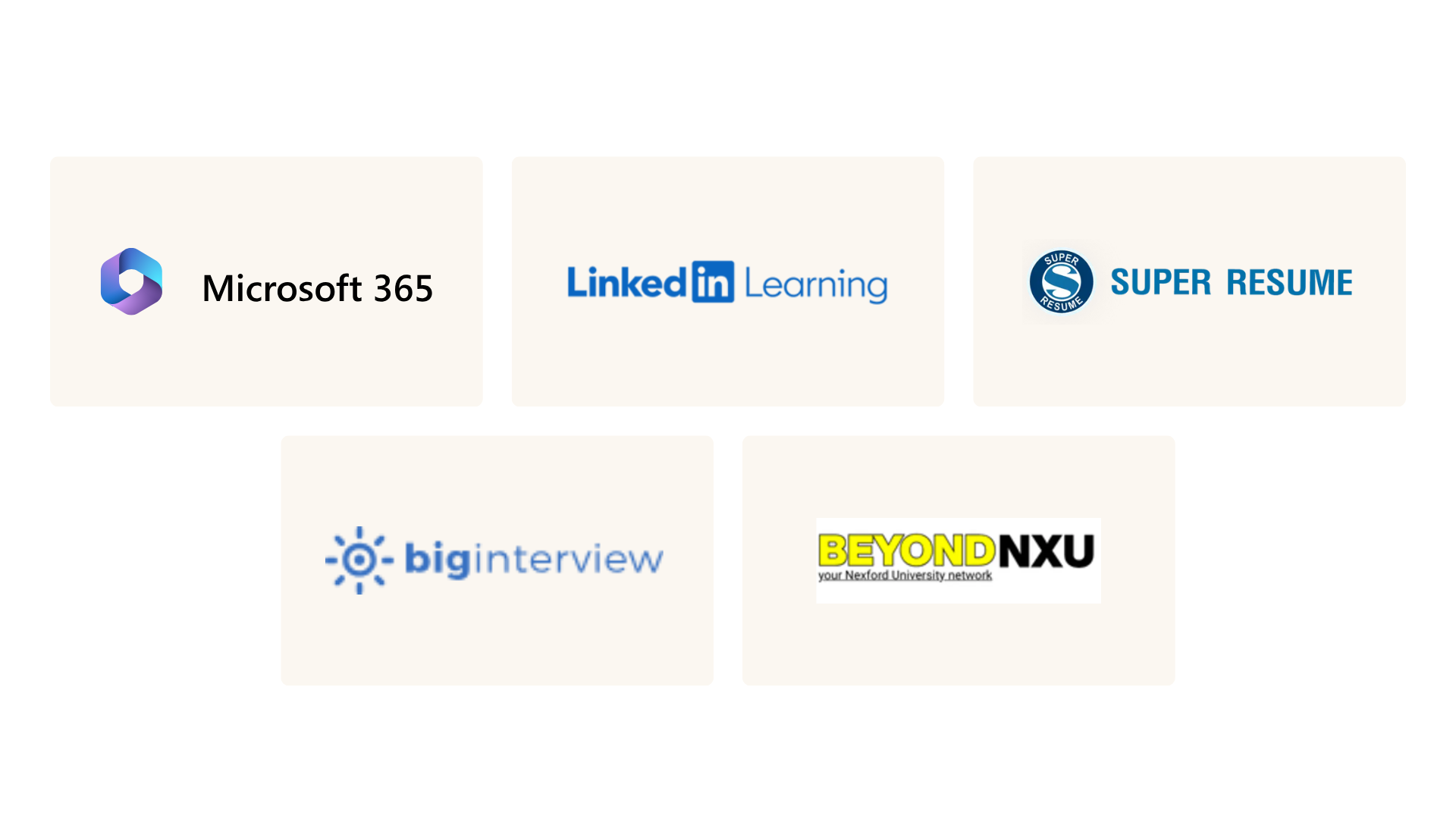
MBAE Admission requirements
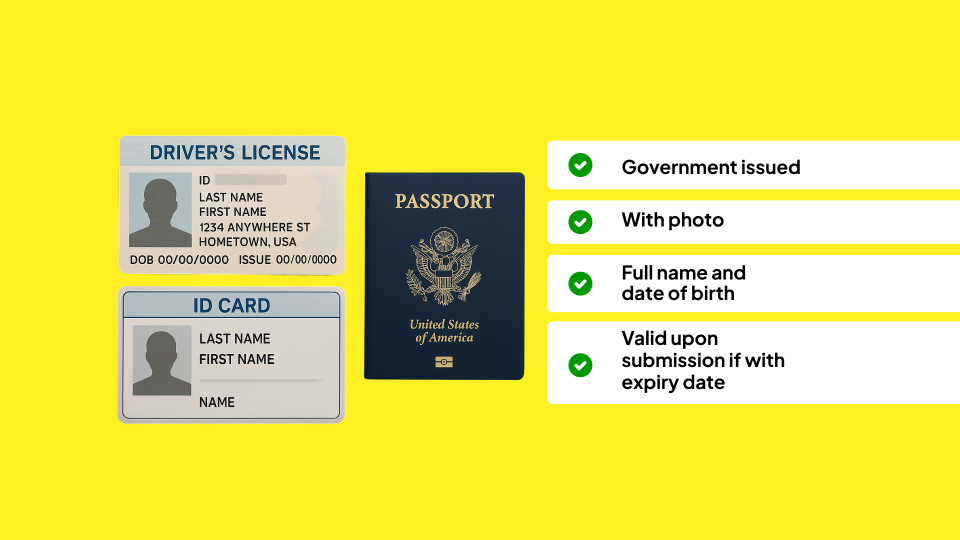


Where our learners work
























Join us for a free virtual tour
Join us live to see how learning at Nexford works, hear from alumni, and get your questions answered by current learners, faculty, and staff.


Your dedicated career success platform
Your dedicated career success platform




Finish faster with Nexford's 10 month MBAE
Earn your MBA in Entrepreneurship in just 10 months by completing courses faster and increasing your course load.
- Course load: 1 course
- Pace: 1 course per month
- Course load: 2 courses
+ 1 seminar - Pace: 2 courses per month
- Course load: 1 capstone course
- Pace: 1 course per month
Others block AI. We expect you to master it.
Real projects you'll complete in your MBA
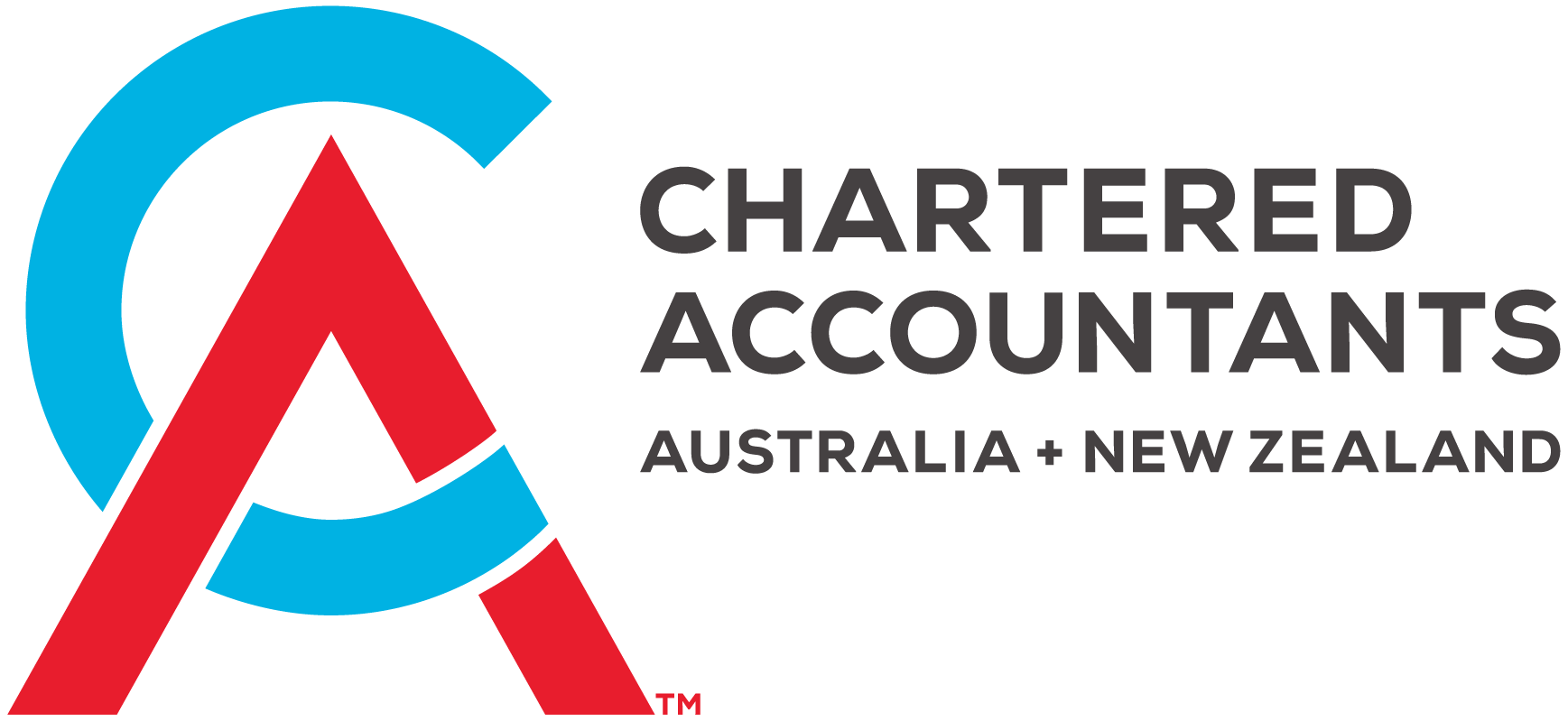





Your career outlook as an MBAE graduate
- Founder, COO
- Founder's Associate
- Chief of Staff
- Venture Analyst
- Portfolio Manager
- Associate
- Entrepreneur-in-Residence
- Head of Growth
- Chief Growth Officer
- Business Development Manager
- Partnership Manager
- Product Manager
- Customer Success Manager
- Product Marketing Manager
- Growth Manager












Hear from our alumni and their employers



Thank you so much for the opportunity to be part of Nexford University. My education there significantly helped me advance my career. Additionally, my MBA has been successfully recognized as equivalent in my home country, Indonesia.

As a current MBA student at Nexford University, i like the flexile modality of study especially for full time employees, also the project-based learning approach with updated syllabuses, real case studies with top tech companies like Amazon, Tesla , Toyota, Apple...etc. and affordable at the same time for low middle income countries students.

Meet your future faculty
Meet your future faculty
Learn from faculty who are also experienced business leaders, entrepreneurs, and subject-matter experts. Their real-world experience helps ensure what you’re learning is practical, career-relevant, and aligned with what employers actually need. Join live group sessions or book 1:1 time when you need support.
Nexford is accredited.

Nexford University is accredited by the Distance Education Accrediting Commission (DEAC).
The DEAC is listed by the U.S. Department of Education as a recognized accrediting agency and is recognized by the Council for Higher Education Accreditation (CHEA).


Nexford University is accredited by the Distance Education Accrediting Commission (DEAC).
The DEAC is listed by the U.S. Department of Education as a recognized accrediting agency and is recognized by the Council for Higher Education Accreditation (CHEA).







